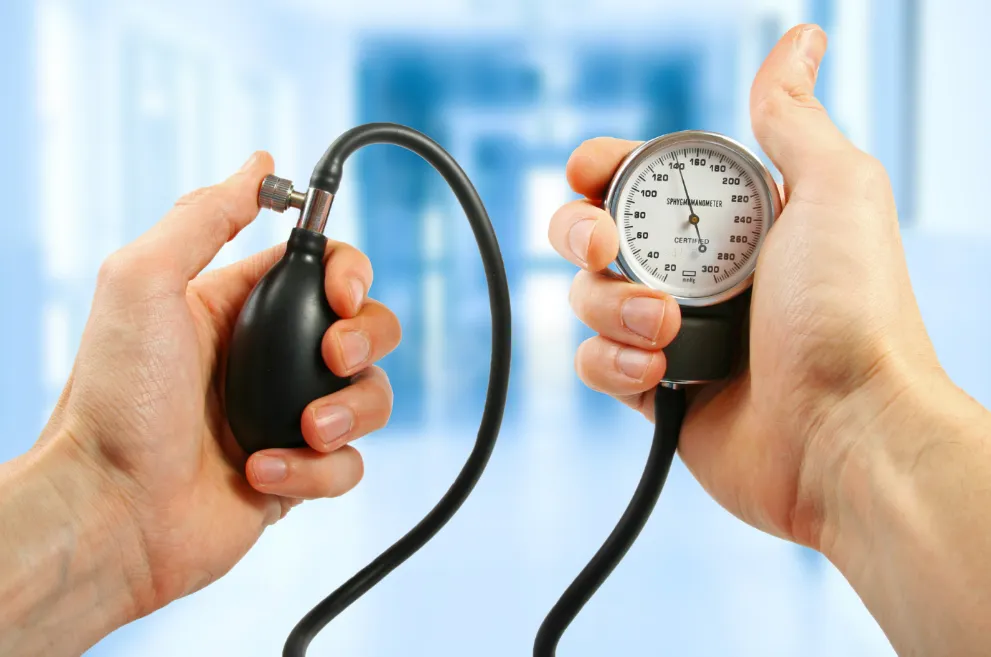Written and medically reviewed by Dorcas Morak, PharmD
May is National Blood Pressure Education Month, a time when we focus on raising awareness about hypertension and its management. Hypertension affects almost half of American adults and is defined as a consistent systolic blood pressure greater than 130 mmHg or a diastolic blood pressure greater than 80 mmHg, or both. It's important to note that hypertension is often asymptomatic, which is why it's crucial to regularly check your blood pressure numbers.
Your blood pressure is recorded as a fraction of systolic blood pressure to diastolic blood pressure. The systolic blood pressure measures the pressure in your arteries when your heart beats, while the diastolic blood pressure measures the pressure between heartbeats. If left untreated, hypertension can lead to various health complications, including heart disease and stroke. In fact, hypertension is the third leading cause of death in the United States.
National Blood Pressure Education Month focuses on educating the public about this silent killer and encourages individuals to adopt lifestyle modifications that can improve blood pressure. These modifications include losing weight, regular physical activity, eating a healthier diet with less salt, and taking medications that lower blood pressure. By knowing your blood pressure and regularly tracking it, you can significantly reduce the risk of related health complications.
How is high blood pressure (hypertension) treated?
The treatment approach to hypertension involves lifestyle modifications, including adjusting your diet to a diet rich in whole grains, fruits, vegetables, and low-fat dairy products, and consuming less sodium, saturated fat, and cholesterol. Physical activity is also essential in keeping your blood pressure low. Walking, bike rides, swimming, jogging, or other aerobic activities will help you maintain good nutritional health.
In addition, your doctor may prescribe blood pressure-lowering medications if needed. Examples of commonly prescribed blood pressure-lowering medications include chlorthalidone (Thalitone), hydrochlorothiazide (Microzide), indapamide (Lozol), spironolactone (Aldactone), bisoprolol (Zebeta), captopril (Capoten), enalapril (Vasotec), candesartan (Atacand), and nifedipine (Adalat).
How can I make the most of National Blood Pressure Education Month?
Start by learning more about high blood pressure and the steps you can take to avoid its complications, such as heart attack, stroke, kidney disease, sexual dysfunction, and vision loss. While hypertension is often asymptomatic, it may cause symptoms such as headaches, shortness of breath, or nosebleeds in some people.
Regular blood pressure screenings are necessary to diagnose and track the treatment response. Depending on your age and overall health, you should get screened at least every two years once you reach 18. However, individuals with high-risk factors should get a yearly blood pressure screening from age 18. Talk to your healthcare provider about your screening frequency.
Finally, share information on high blood pressure on social media using the hashtag #BloodPressureEducationMonth, and encourage others to adopt healthy lifestyles and check their numbers. Remember, knowledge is power, and by taking steps to manage your blood pressure, you can live a healthier and happier life.
















